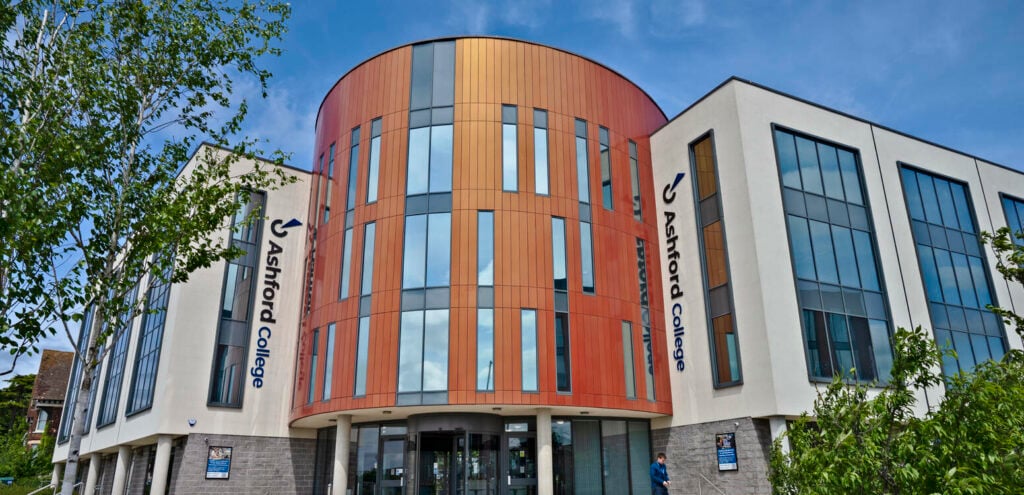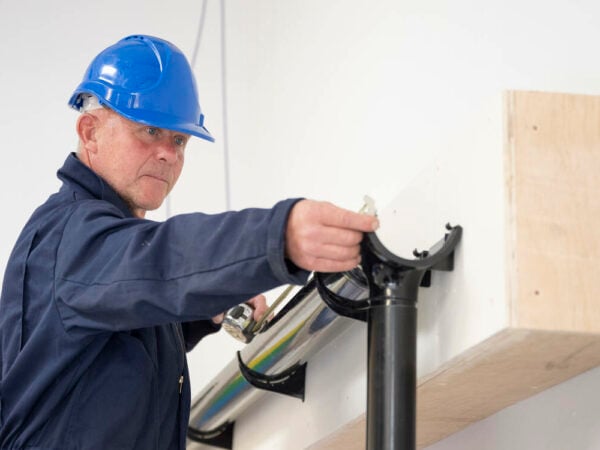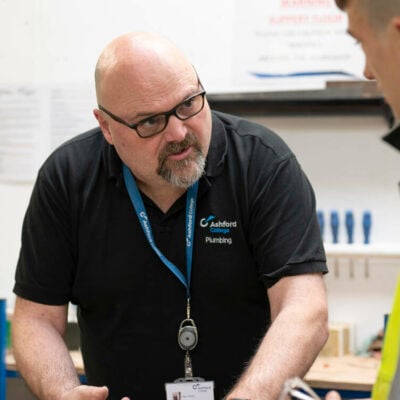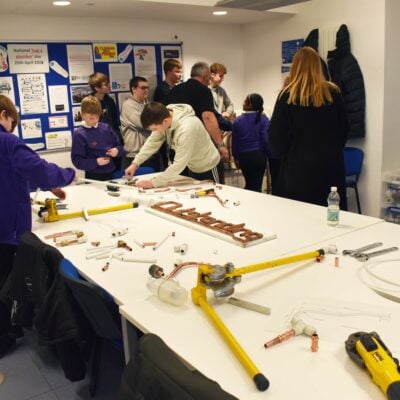Master the practical skills needed for a successful career in Plumbing or Electrical Installation.

Full time courses
Previous slide
Next slide
Why study with us?

Career prospects
Example:
Construction and Building Trades Supervisor
£
£39,520
Annual pay
Annual pay is per year, based on full-time employment and on the South East region.
Role description
Construction and building trades supervisors oversee operations and directly supervise and coordinate the activities of workers in construction and building trades.
Data powered by
LMI for All
How you apply for a course at Ashford College
Step 1 – Find a subject you’re interested in
Explore our courses online and see the wide range of academic opportunities that are available to you.
Step 2 – Apply
Apply through our online application system for the department you are choosing.
Step 3 – Come to an interview
Come along to EKC Ashford College to meet our team, explore our facilities and see which course is right for you.










